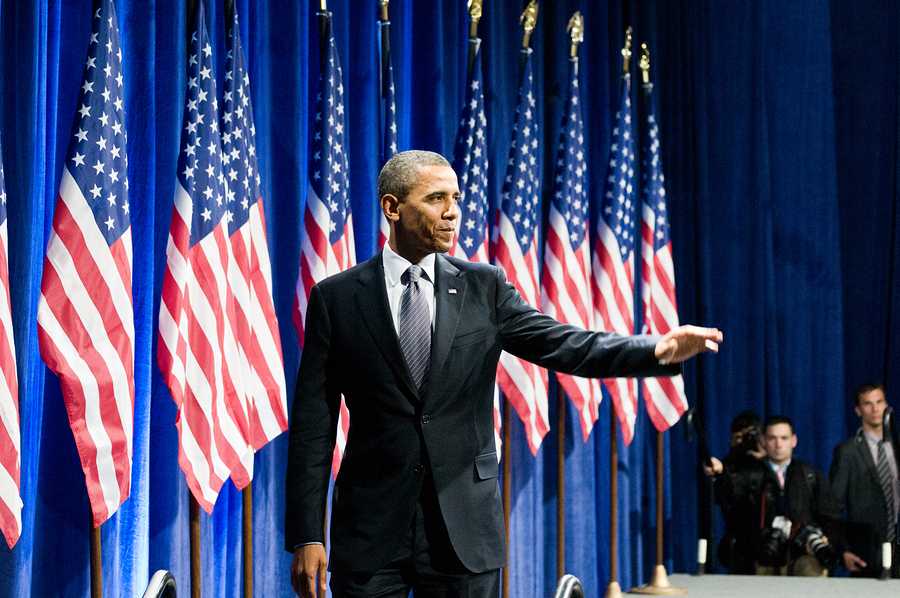Voters affected by immigration issues may be torn at the polls with the upcoming midterm elections just around the corner and a delay of immigration action at the forefront.
Students on both sides of the political spectrum have come together to voice similar opinions on President Barack Obama’s decision to delay any action on immigration reform.
Some claim that the president’s decision is a political tactic being used to protect the chances of Democrats winning congressional seats, allowing his party and himself to win control of the chamber.
This has led many Latino voters, who were once enamored by his platform and promises of change in immigration law at the beginning of his campaign, to quickly lose hope and trust in him.
The Latino vote has proven to be a deciding factor in many elections in recent years. According to February census data, a record 24.8 million Hispanics are eligible to vote in 2014–up from 21.3 million in 2010.
In a study conducted by Latino Decisions, in conjunction with The Center for American Progress, Latinos were asked if they would feel more enthusiastic about voting in the November elections and if they would support Democratic candidates in this election.
Participants of the survey were given two scenarios. In the first, participants were asked how they would vote if Obama did not sign any executive orders and if he did not make any changes to immigration policy or—in the second scenario—how they would vote if he did enact executive orders on immigration policy before the midterm elections.
In the first scenario, 57 percent of Latino voters said that failure to act on immigration reform would leave them less enthusiastic about voting for Democrats and in additional 54 percent said they wouldn’t be enthused to vote at all.
In the second scenario, 87 percent of Latino voters said that implementation of executive orders on immigration policy would have made them more enthusiastic about voting for Democrats in the midterm elections.
Associate professor of political science, Jose Villalobos, said he believes that times have changed and the faces that are coming out to vote have done so as well.
“The Latino community is a very strong voting block that is there ready to be wooed and is a voting block that has a very strong memory,” Villalobos said. “Moving forward to future elections, the Latino community is a major mover and shaker in American politics, it is no longer a sleeping giant, it is an active voting block that deserves a lot of attention.”
Moises Blankenship, senior history major and president of the College Republicans, said that although he is a Republican, he isn’t strictly bent on typical Republican views. He, like many other others, did show some early support for Obama, but during the 2012 election was in full support of his party’s candidate.
“I wanted to see what Obama would propose, but he hasn’t done anything in the last six years that he’s been in office and it is sort of dissatisfying,” Blankenship said. “I know that if I was a Democratic voter, I would be very dissatisfied with the way he has been handling the immigration issue.”
Lorraine Perez, senior communication studies major, has worked for Democratic campaigns in the past. She said that although she is frustrated with Obama’s decision, she stands by the Democratic Party and the decisions that have been made.
“I firmly support immigration reform, so delayed action is a little frustrating, but I also understand that there is a way of doing things,” she said. “Sometimes rushing or forcing changes isn’t the best way to resolve the issue.”
Immigration reform is an issue that hits close to home for many students.
“I myself have family that at one point or another could only dream of immigration reform,” Perez said. “We are much closer to it and I can certainly relate to the frustration and angst, but if we continue to support the leaders who have come through for us and vote in the ones that will, immigration reform will become a reality.”
Amanda Guillen may be reached at [email protected].








